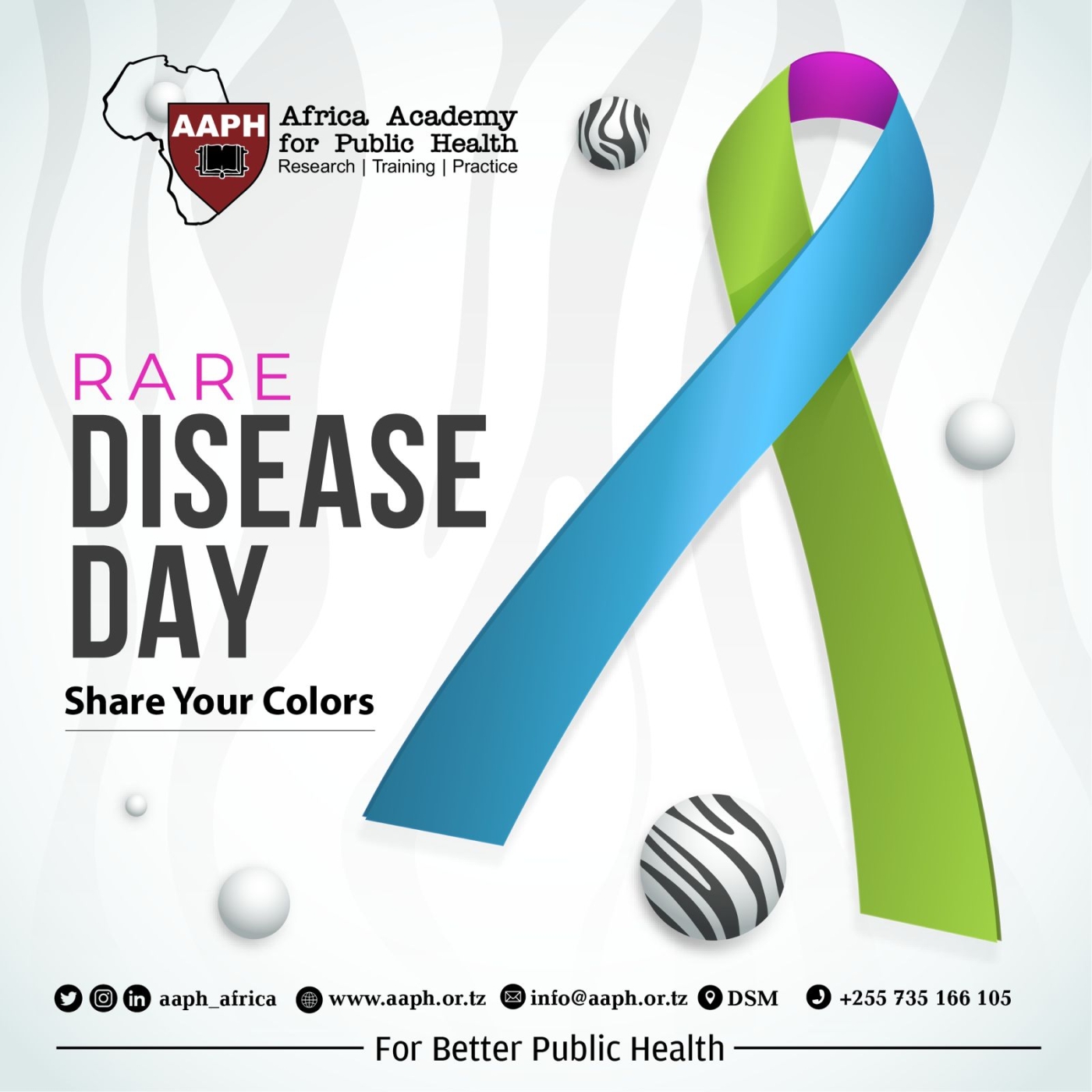
Advocating for the Unseen Challenges of Rare Diseases
Rare Disease Day - observed annually on the last day of February - serves as a key reminder of the often-overlooked struggles faced by individuals living with rare diseases. With thousands of rare diseases impacting millions worldwide, the theme "Share Your Colors" encourages us to delve into the unique stories of those affected, emphasizing the urgent need for increased awareness and research.
Defined as medical conditions affecting fewer than 1 in 2000 individuals, rare diseases collectively afflict 300 million people globally, constituting 3.5% to 5.9% of the world's population.[1] Astonishingly, this equates to 50 million people in Africa, translating to 1 in every 10-25 Africans. Amidst this staggering prevalence, the call to action is clear - it's time to bridge the data gap surrounding rare diseases.[2]
In acknowledging the struggles of People Living with Rare Diseases (PLWRD), it's vital to underscore that the uncommon nature of these conditions doesn't diminish their impact. Diseases like Ehlers Danlos Syndrome (EDS), hemophilia, cystic fibrosis and sickle cell disease with an estimate of estimated 8,000 to 11,000 children born with sickle cell disease each year in Tanzania[3] is just a glimpse into the broad spectrum of rare diseases affecting people globally. Each poses distinctive challenges, necessitating increased attention, research, and advocacy to enhance understanding and support for those affected. As stated by WHO Director General, Dr. Tedros Adhanom Ghebreyesus, "Just because a disease affects a small number of people does not make it irrelevant or less important than diseases that affect millions."1 Rare Disease Day is a platform to echo this sentiment and amplify the voices of those facing these unique challenges.
In Tanzania, the absence of reports on rare diseases (RDs) and the lack of strategies to map and define them locally contribute to limited public awareness. The nation, recognizing these challenges, joined global efforts in 2016 to observe Rare Disease Day annually, aiming to raise awareness and address the stigma surrounding RDs.[4]
It is important to embrace the call to action for rare diseases by fostering research through public-private partnerships. Through collective efforts, we can illuminate the path towards a future where individuals with rare diseases and their families receive improved access to healthcare, education, and comprehensive policies, ensuring no one is left behind, #ForBetterPublicHealth.
[1]Rare Disease International: https://www.rarediseasesinternational.org/working-with-the-who/
[2] Burden Of Rare Disease in Africa: https://www.sciencedirect.com/science/article/pii/S2949916X23000324#bbib1
[3] Tackling Sickle Cell In Tanzania: https://shorturl.at/eitDP
[4] Rare Diseases in Tanzania: https://www.scopus.com/record/display.uri
